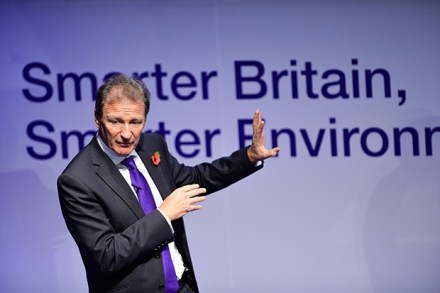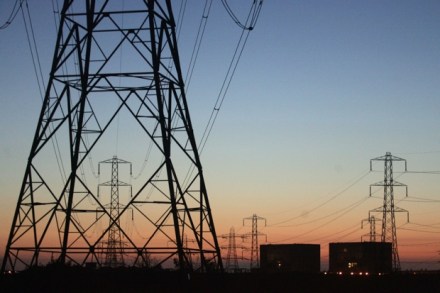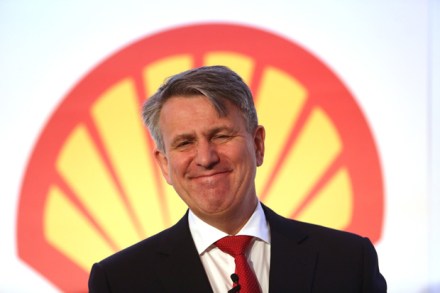Why would anyone invest in energy when the policies are so fickle?
In 2007 Vincent de Rivaz, chief executive of EDF’s UK arm, made the now-infamous promise that by Christmas 2017 we would be cooking our turkeys using energy generated at Hinkley C nuclear power station. That has already been put back to well into the 2020s. But if you are making plans for Christmas 2025 it might be an idea to base them around eating cold turkey sandwiches by candlelight around a wind-up gramophone. The French newspaper Les Echos reports today that an EDF board meeting about Hinkley has been postponed, amid fears that EDF is having more problems funding the project. EDF has already looked to China’s Nuclear Power Corporation,


















